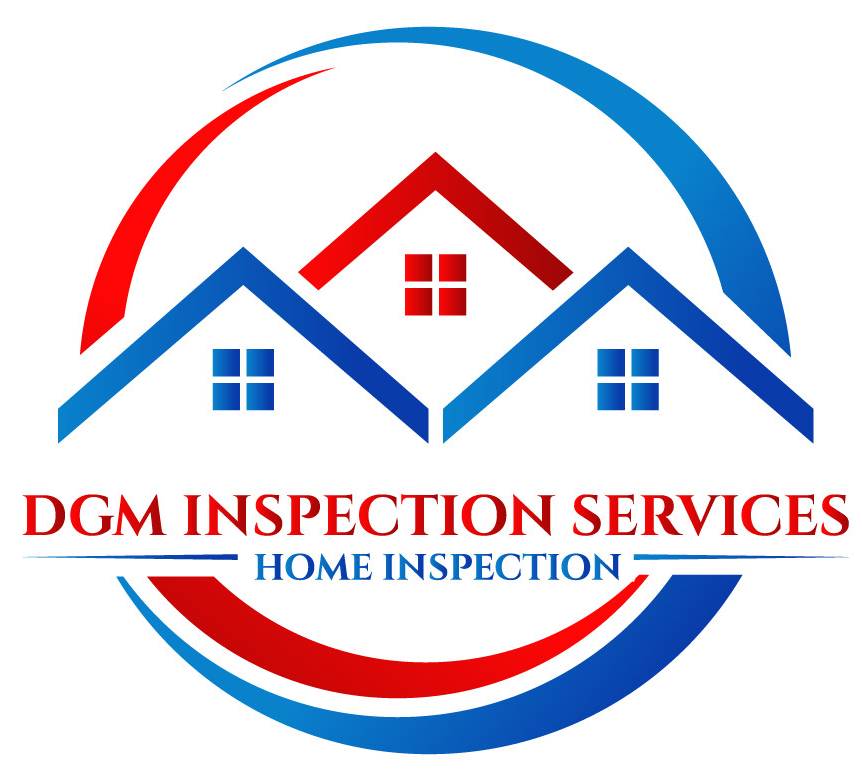Our Services
Our inspections are thoroughly conducted, with the utmost care and attention to detail.
Residential Inspection
We understand that buying a home is among the most significant investments you’ll make in your lifetime. Bearing this in mind, we thoroughly observe and document every detail during the inspection procedure.
Oil tank sweeps
Oil tank sweeps involve thorough inspections of properties to detect the presence of underground oil tanks, helping to ensure environmental safety and compliance.
Sewer Scope Inspection
A sewer lateral inspection, also known as a sewer scope, is a procedure where a specialized camera is inserted into the sewer line to assess its condition and identify any potential issues such as blockages, leaks, or structural damage.
Mold Testing
Although many types of mold aren’t inherently toxic, they can still pose health risks if left untreated. Ensure your home is mold-free by scheduling professional testing with an inspector today.
Radon Services
Radon services in the New Jersey area encompass testing, mitigation, and consulting to address the risks associated with radon gas exposure in residential and commercial properties.
Termite (WDO) Inspection
Termite (WDO) inspections involve thorough assessments of structures to identify and evaluate any existing or potential wood-destroying organisms, providing information for property buyers, sellers, and homeowners to safeguard against structural damage.
Exterior Inspection
Exterior inspections involve assessing the structural integrity, aesthetics, and maintenance needs of a property’s outer surfaces and surroundings.
Foundation Inspection
Foundation inspections entail thorough examinations of a building’s base to evaluate its structural stability, identify potential issues, and ensure it meets safety standards.
Chimney & Fireplace Inspection
Chimney and fireplace inspections encompass comprehensive evaluations of the chimney system and hearth to assess safety, functionality, and compliance with regulations, ensuring optimal performance and minimizing potential hazards.
Frequently Asked Questions
Buying or selling a home can be a stressful experience, but we’re here to ensure you know what to expect during your home inspection.
A home inspection includes checking for any structural issues such as foundation cracks, roof leaks, plumbing issues, electrical wiring, heating/cooling systems, insulation, windows, doors, chimneys, etc. Depending on how big the property is, a home inspection typically takes 2-3 hours.
Ensure all inspection points are free from clutter, including any closets that might lead to a crawlspace or attic, and clearing some space around your home’s perimeter. It’s also important to check the functionality of all built-in appliances, electric, and gas. If you don’t plan to attend the inspection, make sure your inspector has access to the home, and all pets are properly contained or moved.
A home doesn’t pass or fail an inspection. Instead, a home inspection is a thorough audit of your home’s components. In most cases, there will be concerns marked on your home inspection report, but these are strictly informative.
Skipping the home inspection is not recommended, as it could leave you unaware of potential issues with the property that may cost you significantly in the long run.
While a home inspector may recommend some minor repairs, they are not qualified to make major repairs. He or she can provide information about what needs to be repaired — and it might be helpful to know that information — but the decision to actually do the work lies solely with the homeowner. Not only does this give you the freedom to choose your contractors, but it also helps prevent a conflict of interest.
A home inspection can affect appraisals for two reasons: 1) The inspector may find something wrong with the property that would lower the value of the home, 2) The inspector may find things that need repair which could increase the value of the home. If the inspection finds issues that require repairs, then the seller has to decide whether they want to fix them themselves, or hire someone else to do it. If the buyer wants to purchase the home, he/she must be willing to pay for those repairs.

.png)